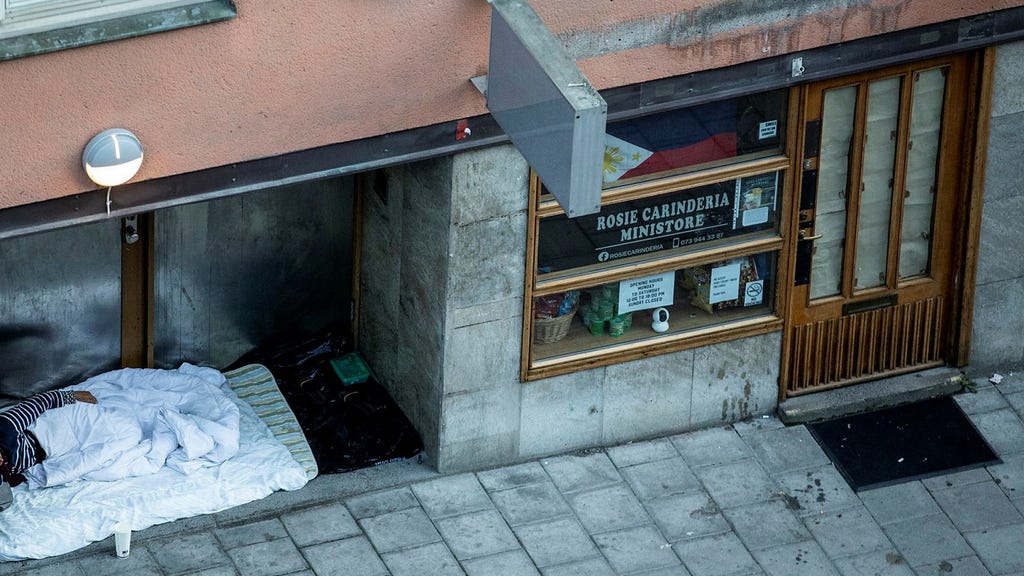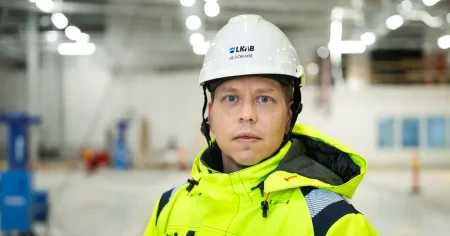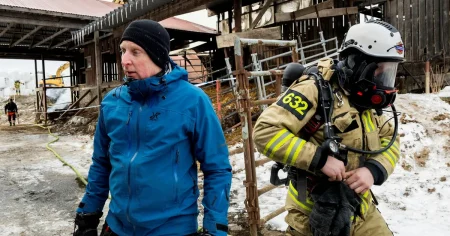The Stockholm City Mission is experiencing a surge in individuals seeking assistance, ranging from those facing acute homelessness, lacking shelter for the night, to those in precarious housing situations with limited financial resources. This increased demand coincides with a decrease in the organization’s resources, creating a challenging environment for both the staff and those they serve. Tanja Küller, Deputy Area Manager for Housing at the City Mission, highlights the strain these ”tough times” are placing on their operations.
Among the groups experiencing a significant increase in need are single men who have lost their partners, fallen behind on rent, and subsequently been evicted. Pride often prevents these individuals from seeking help from social services, leading them to fall into homelessness. Another vulnerable group is single mothers who have left abusive relationships and found temporary refuge in shelters, but are unable to secure permanent housing within the allocated six-week period. The combination of limited shelter options and the pressure to find housing quickly leaves these women particularly susceptible to homelessness.
The Stockholm City Mission observes a growing trend of homelessness among single women escaping abusive relationships. This demographic often faces unique challenges, including the potential for continued harassment or violence from their former partners, the emotional and psychological toll of leaving an abusive situation, and the difficulty of finding safe and affordable housing while caring for children. The City Mission works to provide support and resources to these women, but the increasing demand is straining their capacity.
The City Mission’s day centers, BoCenter for men and BoKlara for women, strive to remain open to as many people as possible, offering essential services such as warm clothing, showers, and meals. During the cold winter months, these centers become vital lifelines for those without shelter. The extended periods of darkness and frigid temperatures exacerbate the challenges faced by the homeless population, increasing the risk of hypothermia and other health issues.
While the occupancy rates of emergency shelters remain consistently high, the nature of the needs changes drastically with the arrival of cold weather. The City Mission intensifies its outreach efforts, deploying teams to the streets to connect with individuals experiencing homelessness, distributing warm sleeping bags and clothing, and guiding them to available resources. Beyond providing physical necessities, these outreach teams offer crucial human contact and support during a particularly isolating time.
The dark winter months present a particularly difficult period for individuals experiencing homelessness. Beyond the physical dangers of exposure to the cold, the psychological impact of isolation, reduced access to social interaction, and the heightened risk of mental health issues, including suicide, pose significant challenges. The closure of many informal gathering spaces due to the cold further isolates individuals, potentially leading to increased substance abuse and exacerbating existing mental health conditions. The Stockholm City Mission works tirelessly to address these complex and interconnected challenges, but the increasing need coupled with dwindling resources underscores the urgency of addressing the systemic issues contributing to homelessness.














